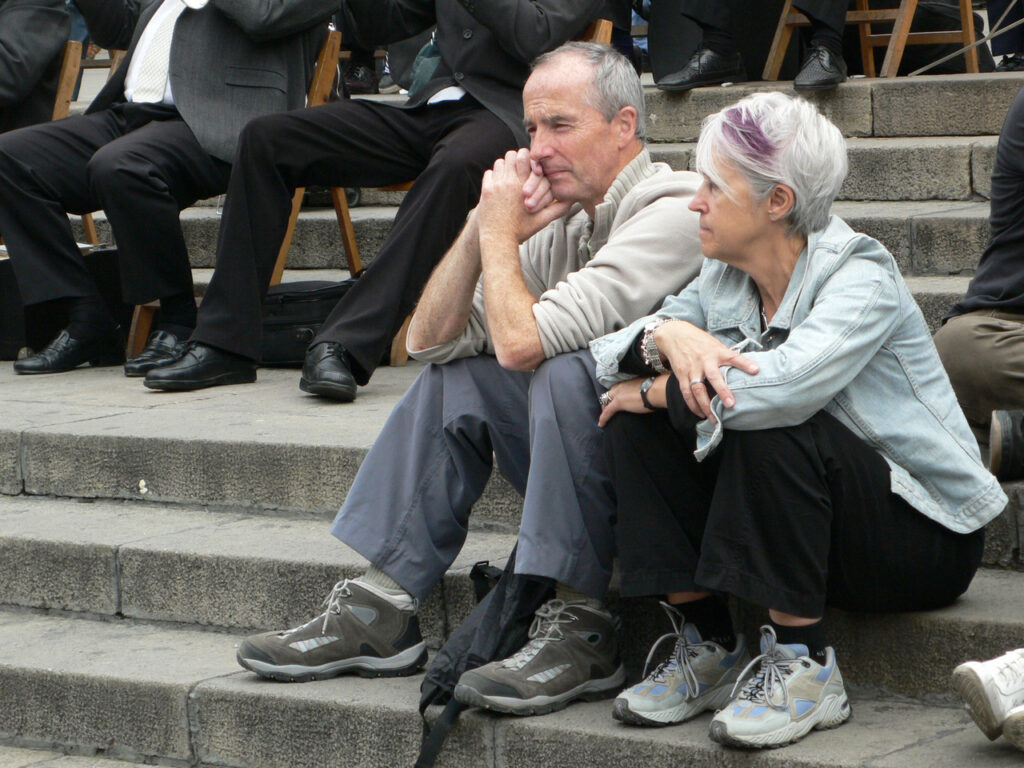
Many people get defensive OFTEN. Righteous indignation, playing the victim, and whining can be heaps of fun; the problem is they don’t work! No one likes feeling under attack from judgement, criticism or blame. Yet, defensiveness gives rise to more defensiveness. We need to find a way out. The key lies in our response-ability. Watch this short video to find out more.
Read more...






